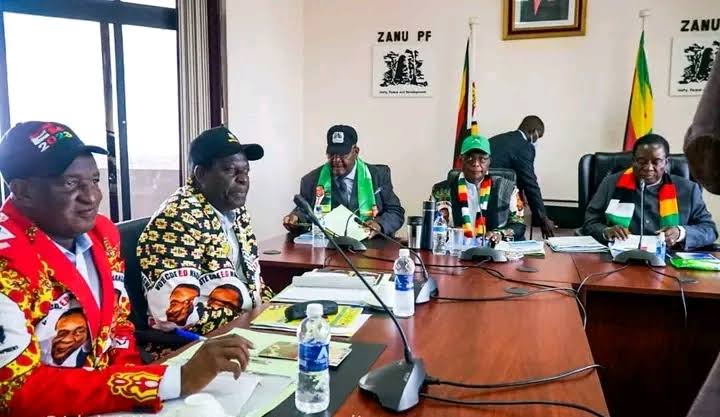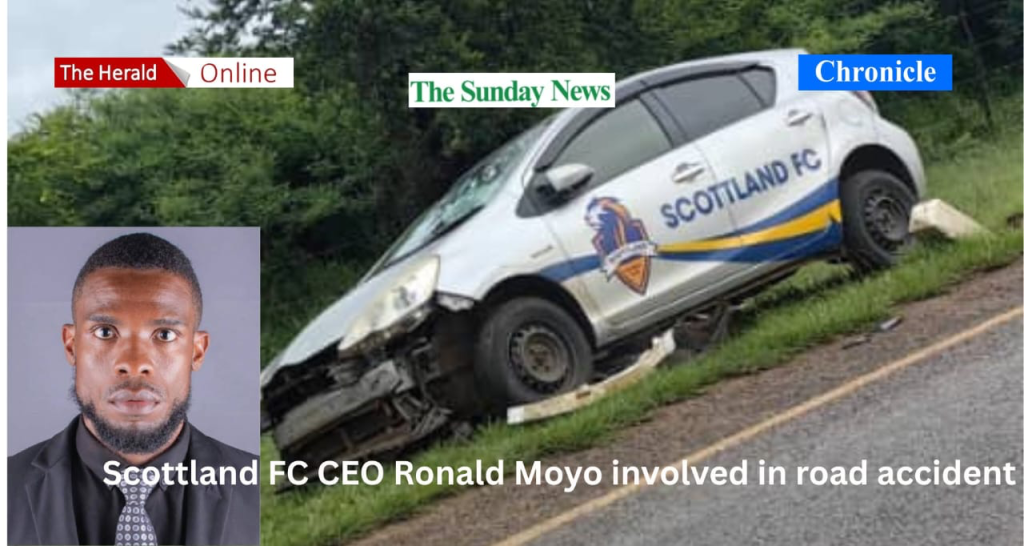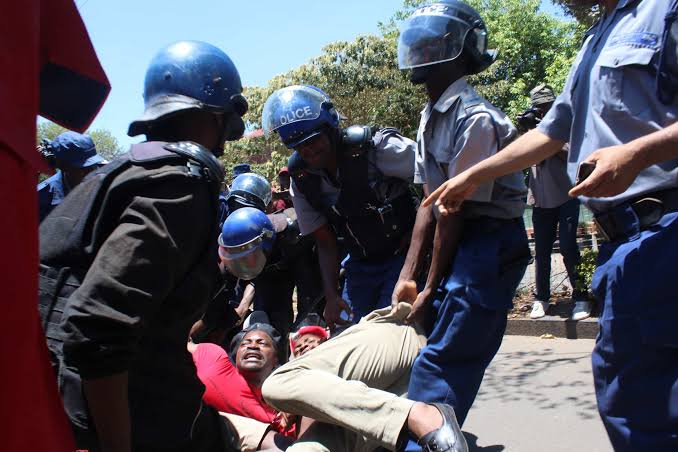By Victor Fanuel
HARARE – Zimbabwe’s ruling Zanu PF is gripped by turmoil after Vice President Constantino Chiwenga reportedly accused fuel tycoon Kudakwashe Tagwirei of diverting billions of dollars to entrench influence and capture the party.
The dramatic confrontation unfolded at a stormy politburo meeting on Wednesday, the last before the party’s annual conference next month.
According to party insiders, Chiwenga entered the meeting carrying a dossier that left the nearly 50 members in attendance stunned.
Chiwenga alleged that Tagwirei siphoned at least US$3.2 billion through Zanu PF’s covert 45 percent stake in Sakunda Holdings — an arrangement said to have been established during the late Robert Mugabe’s presidency and entrusted to President Emmerson Mnangagwa, Vice President Kembo Mohadi, and party legal secretary Patrick Chinamasa.
Instead of yielding dividends for the party, Chiwenga charged, Tagwirei used the money to fund parallel loyalty structures within Zanu PF, funnelled largely through allies such as businessman Wicknell Chivayo, gold dealer Scott Sakupwanya, and GeoPomona boss Delish Nguwaya.
“He said the party had never received a cent,” one insider said.
“Instead, Tagwirei was using what was essentially Zanu PF’s money to capture its structures, with the complicity of the trustees.”
Chiwenga is said to have called for the immediate arrest of Tagwirei, Chivayo, Sakupwanya and Nguwaya, a demand that reportedly stunned the room.
The former army general Chiwenga went further, accusing Mnangagwa himself of being the chief beneficiary of Tagwirei’s financial largesse.
He cited Chivayo’s recent donation of 10 luxury vehicles and US$1 million to provincial chairpersons as evidence of deep-seated corruption.
In a twist, presidential spokesman George Charamba contradicted Chivayo’s public claim that the vehicles were personal gifts, insisting they were party property — a position that lent weight to Chiwenga’s allegations.
Tensions flared further when state security minister Lovemore Matuke accused Chiwenga of plotting to seize power by force.
Chiwenga shot back, invoking his liberation war credentials and loyalty to Zanu PF, even reminding Matuke of his pivotal role in bringing Mnangagwa back from exile during the 2017 coup that ousted Mugabe.
Mnangagwa, visibly unsettled, announced the formation of a committee comprising Obert Mpofu, Oppah Muchinguri, and Chinamasa to probe Chiwenga’s claims.
Sources, however, suggested the president was weighing whether to abandon his planned trip to the United Nations General Assembly to contain the crisis.
The fallout continued the following day when Mnangagwa broke tradition by skipping his customary pre-briefing with his two deputies before addressing a central committee meeting.
Instead, he went straight to the podium, forcing Chiwenga and Mohadi to scramble into position.
During his address, Mnangagwa appeared to temper calls by loyalists — including Daniel Garwe — for the abolition of elections in 2028.
“It is therefore of critical importance that we introspect as a party, not only with regards to our short-term activities, but in view of the bigger objective that our party wins the 2028 harmonised general elections,” he said.
The episode has laid bare Zanu PF’s sharpest internal divisions: Chiwenga, widely regarded as Mnangagwa’s natural successor, is resisting moves to extend Mnangagwa’s presidency beyond 2028.
By contrast, Mnangagwa loyalists — many fearful of possible prosecution under a Chiwenga-led administration — are pushing for him to remain in office, with some even floating the heavily sanctioned Tagwirei as a potential successor.
As the party heads into its October conference in Mutare, the confrontation has set the stage for an escalating power struggle at the very core of Zanu PF.



